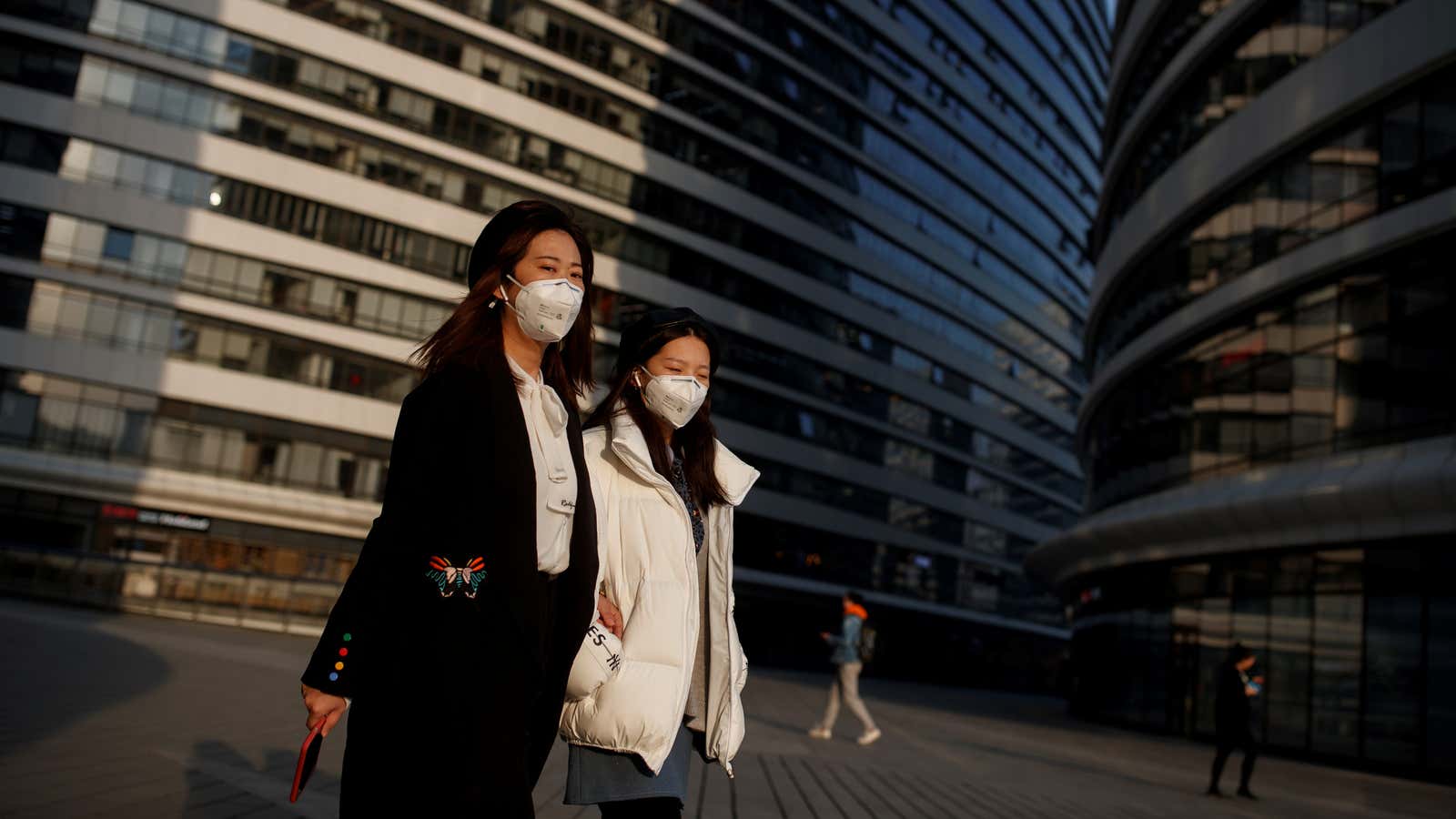For the past few months, doctors, nurses, and other front-line workers have been at the center of the battle against Covid-19. But keeping people healthy is a shared responsibility. As businesses begin to reopen after months in lockdown, this is an idea that more people need to take to heart, says Georges Benjamin, executive director of the American Public Health Association.
Speaking at TED’s virtual conference, Benjamin, who recently spoke about how gravely Covid-19 is affecting African-American communities, suggested that “everyone should recognize that their second job is public health … Everyone needs to put the public health mantle into what they do.”
Public health is a profession concerned about protecting the health of entire communities. Experts are adept in topics like epidemiology, biostatistics, biological sciences, and public health policy. While we all don’t have this level of technical knowledge, it’s crucial to embrace public health’s core tenet: prevention.
“While a doctor treats people who are sick, those of us working in public health try to prevent people from getting sick or injured in the first place,” explained Benjamin. In the same way that we’ve learned to use seat belts to prevent fatal car collisions or regulate our caloric food intake to curb obesity, the global pandemic calls for embracing the basics of virology and relentlessly practicing better hygiene, disinfection, and social distancing protocols, he suggests. This might involve learning the proper way to wash hands, always covering our nose and mouth when we sneeze, or giving people wide berth at grocery stores and other public places.
For Westerners, this also means getting used to the idea that face masks will be part of a daily uniform. “Our colleagues in Asia have been wearing masks for many years and we’ve always kinda chuckled at that,” Benjamin says. “But I think wearing masks is going to be part of our culture … I think that makes sense.”
To arrest the spread of Covid-19, every business needs to include disease prevention in their areas of responsibility. For employees, this involves having the discipline to stay home when they feel any symptoms associated with Covid-19.
Working as a public health agent could sometimes involve the uncomfortable task of asking a colleague to change their behavior. Thankfully, there are proven tactics drawn from the social marketing 101 playbook that can help. In a recent article for the Harvard Business Review, for instance, marketing professor Jonah Berger suggests shifting from nagging to questioning:
Questions shift the listener’s role. Rather than counter-arguing or thinking about all the reasons they disagree, they’re sorting through their answer to your query and their feelings or opinions on the matter. And this shift increases buy-in.…In the case of this crisis, questions like “How bad would it be if your loved ones got sick?” could prove more effective than directives in driving commitment to long-term or intermittent social distancing and vigilant hygiene practices.
For employers, providing paid sick leave for all workers is crucial to public health, Benjamin told TED’s science curator David Biello. “Yes, there’s additional cost, but I’ll tell you that we’ve now learned that the cost of not doing something like that is billions and billions and billions of dollars,” he said, alluding to the economic impact of the pandemic.
Ultimately, embracing a public health mindset prepares us for future health emergencies, warns Benjamin. “This one was a bad one, but we’ve got to prepare for the next one.”
